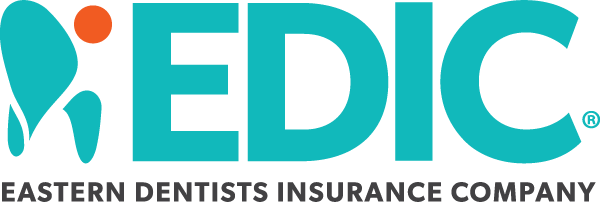Dr. Dave Lane and I both decided to go into private practice after graduation. The similar yet very different paths we took have taught us a lot about the postgraduate practice. In our posts this month, we share our different perspectives and experiences to give insight on questions you may soon be facing.
The decision to forego a post-graduate residency was one that weighed heavily on me for months. I teetered back and forth before finally deciding that I wanted to go straight into practice. I arrived at that decision in a few different ways. Dr. Lane mentioned the importance of finding a good mentor, and that cannot be stressed enough. However, unlike Dr. Lane who found one good mentor, I had a couple of mentors who took me under their wing. One was my clinical faculty and the other a family dentist. Over my 4th year, I fostered my relationships with both and when the time came, both offered me positions in their offices. Unfortunately, I still did not have a full week of work between both their offices, so I needed to look elsewhere.
Knowing I had two great mentors to work with, I then began looking for a part-time position that could fill in the days I was looking for. But I didn’t want to settle for just any particular practice. That where I went into marketing mode. If good practice is going to take on a new graduate, you have to market yourself to compete with not only other new graduates but also recent graduates from AEGD/GPR programs. I started with a strong resume that I built up in dental school emphasizing my clinical experiences and paired that with a strong cover letter. Next, I attended any dental related meeting I could get into. Whether it was with my local dental society, event sponsored by vendors, or large dental conventions. There I networked like a champ. While trying not to be too aggressive, I was not shy to ask dentists in my area if they were hiring or if they knew of anyone hiring. I found that new dentists who have been working a few years were the best people to talk to right after I graduated. Personally, they were able to relate to my struggles better than the older generation of dentists. They knew the landscape for new graduates and gave me some of the best advice.
My approach is not for everyone and that’s why there are other options. Job boards at your school or online as well as dental recruiters are also a very viable option. This approach will likely yield more options, but it is important to vet practices you find this way. If you’re lucky enough to be interviewed one of these offices, don’t jump on the opportunity before you’ve had some time to really get to know the practice. Ask to go in and shadow for a couple of days to see how things run. You can even ask to do a working interview, where you’ll get paid to work non-contractually in the office for a few days. As exciting as it may be to be offered the job, realize that this will be the first job that you start on your career path. Make sure that any practice you go into will foster your growth as a new dentist.
And that leads me to my last piece of advice. Start early, but take your time. Sounds counterintuitive I know, but patience is truly a virtue in this instance. You can never start too early laying the foundation, but know that job searching doesn’t usually pick until the spring before you graduate. Hopefully by this time you have built a great resume and made valuable connections in the outside world. Don’t expect that you will have a job waiting for you the moment you get your diploma. This is a very unrealistic expectation. Know that it can and will likely take a few months until you start working. This period can be frustrating and is often why many students take the first job offered to them. But be patient, find the right practice that fits you.
When it comes down to it, I think Dr. Lane both can agree that it’s both about what you know AND who you know. There’s no script laid out. There’s no ‘right way’ to go about it. The resources are endless, you just have to go out and find them and use them wisely. Find your mentors, ask the tough questions and have a vision for the type of dentist you want to be.


